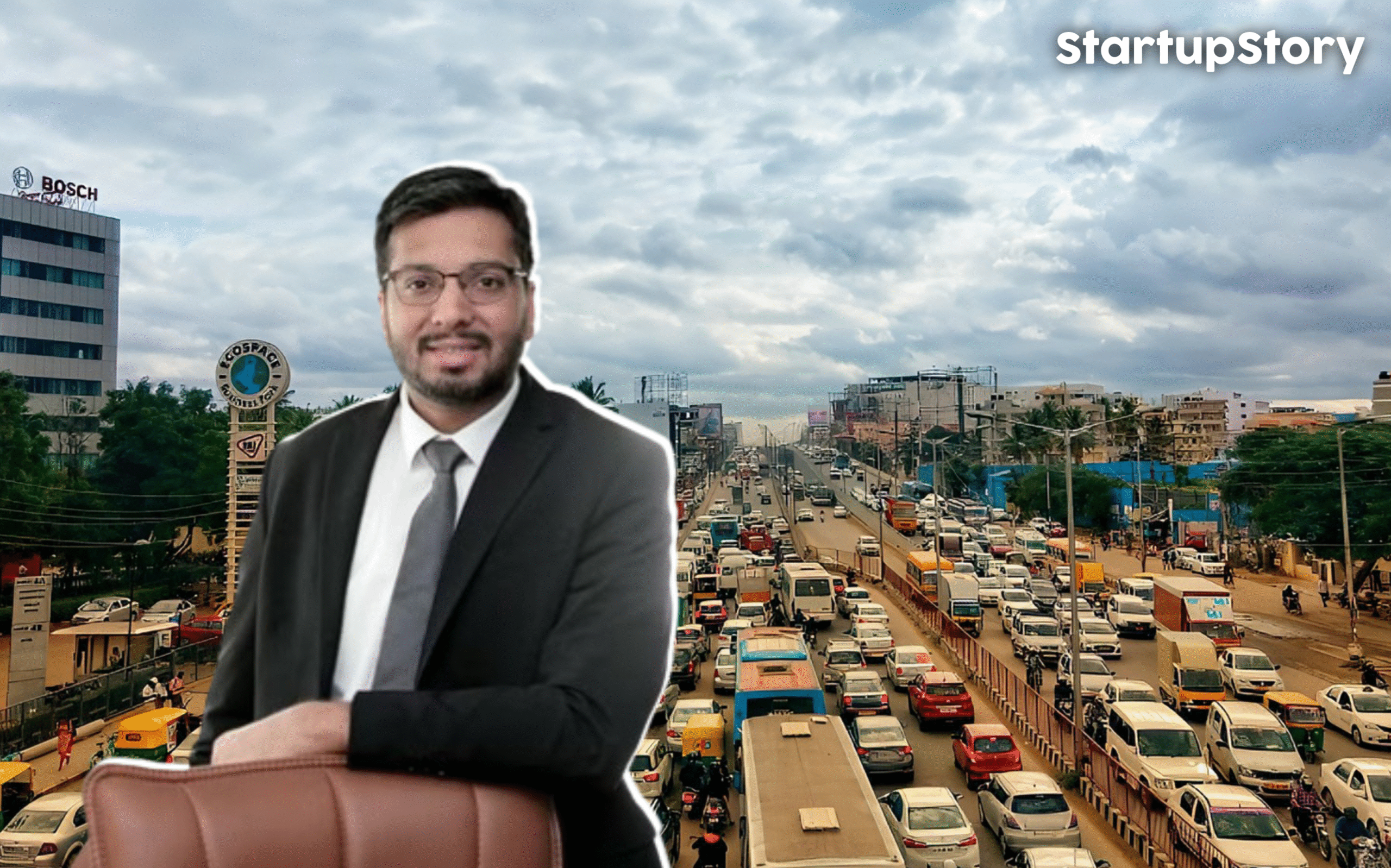
Bengaluru’s notorious traffic may finally have a saviour-not from the government, but from the startup world. Prashant Pitti, co-founder of EaseMyTrip, has stepped forward with a ₹1 crore commitment to tackle the city’s ever-growing traffic problem using artificial intelligence and Google Maps. His goal? Identify and solve key choke points that slow down the Silicon Valley of India.
Why a Travel Entrepreneur Cares About City Traffic:
Prashant Pitti isn’t just any entrepreneur. As a co-founder of EaseMyTrip, he knows how important smooth travel is-whether across countries or within a city. In a personal post, Pitti explained how his daily commute in Bengaluru turned into an eye-opening experience. “It took 57 minutes to travel just 7 km,” he said. That moment sparked a larger question in his mind: Why is no one solving this at scale?
The ₹1 Crore Mission: Using Tech for a Civic Cause:
Instead of waiting for authorities, Pitti decided to act. He’s offering ₹1 crore of his own money to work with experts who can use data from Google Maps, along with AI and video analytics, to identify traffic bottlenecks across the city. His plan is to find the top 10-15 choke points in Bengaluru and help implement workable solutions.
He’s not looking for a “big project” for media attention. Instead, he wants simple, actionable changes-like adjusting traffic light patterns or fixing road layouts-that can make a visible difference for everyone on the road.
Calling on Citizens, Not Just Officials:
What sets this initiative apart is its open-source approach. Pitti is crowdsourcing ideas from the public, urban planners, and tech experts alike. He believes citizens can often see what policymakers miss-and with the right tools, they can help build the solutions too.
He’s already reached out to traffic police, civic authorities, and private agencies, hoping to turn this from a one-man mission into a full-city collaboration.
Beyond Business: Startups Taking Social Responsibility Seriously:
This move also highlights a growing trend in India’s startup ecosystem-where founders are stepping up for social good. Instead of just focusing on unicorn valuations or funding rounds, leaders like Pitti are using their platforms to fix real-world problems.
As Bengaluru continues to battle its traffic crisis, this initiative might become a blueprint for other cities—and show how technology, when paired with intent, can drive real change.




